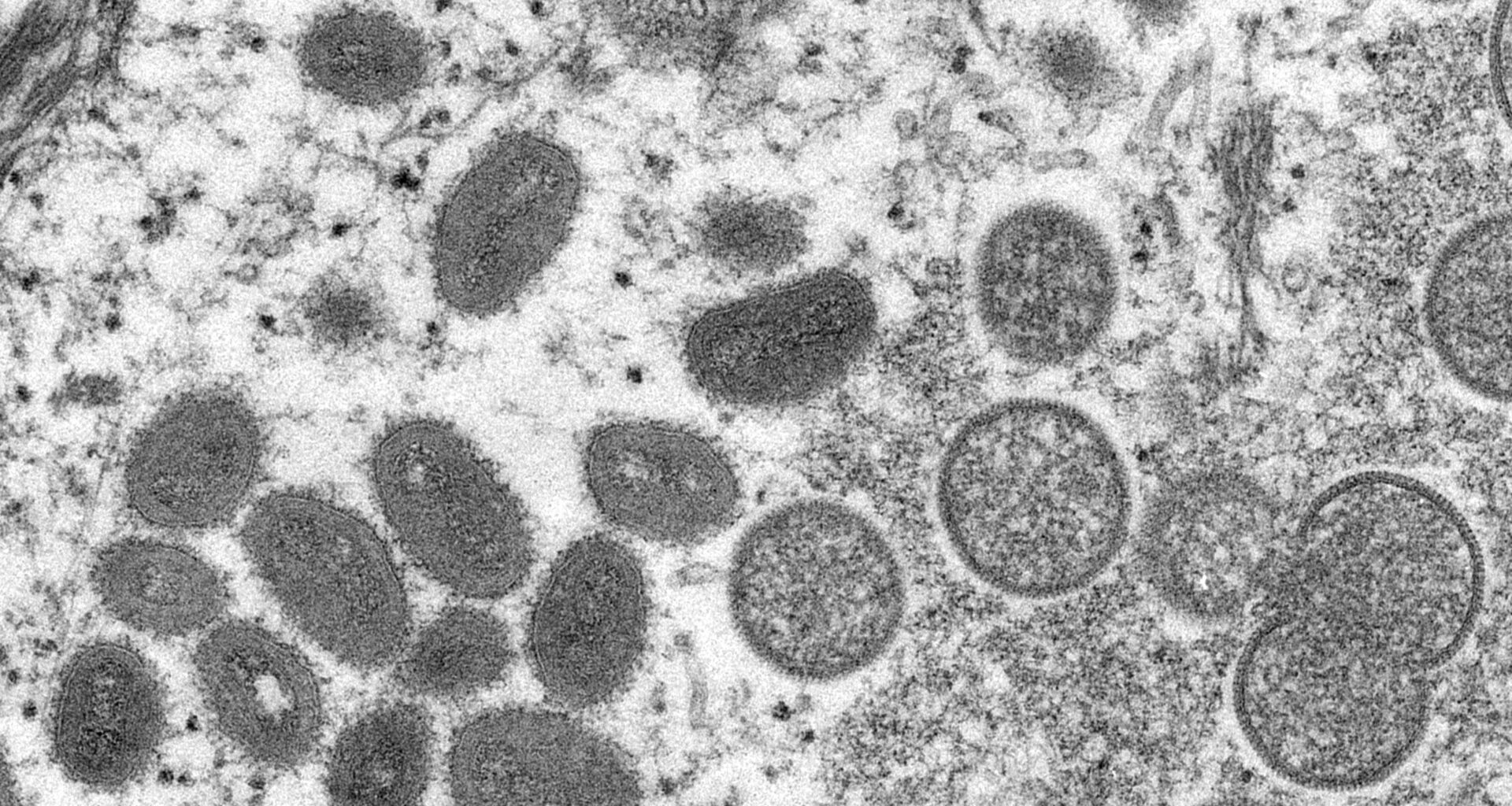Monkeypox renamed ‘Mpox’ by the World Health Organisation
WHO will begin using the new term but says “both names will be used simultaneously for one year while ‘monkeypox’ is phased out.”

Monkeypox has been renamed ‘Mpox’ by the World Health Organisation (WHO) in order to battle stigma.
WHO will begin using the new term but says “both names will be used simultaneously for one year while ‘monkeypox’ is phased out,” the United Nations agency announced on Monday (28 November).
The change has come about as a response to “racist and stigmatizing language online” that has been an ongoing issue since rising numbers earlier this year.
“When the outbreak of monkeypox expanded earlier this year, racist and stigmatizing language online, in other settings and in some communities was observed and reported,” WHO’s report stated.
“In several meetings, public and private, a number of individuals and countries raised concerns and asked WHO to propose a way forward to change the name.”
Initial conversations earlier his year suggested that variants would be named using letters of the Greek alphabet to also prevent stigma.
WHO declared Mpox a global health emergency in July but cases have been slowly declining for several months.
According to the most recent outbreak reviews (published 22 November), between 6 May to 21 November 2022 there have been 3,570 confirmed and 150 highly probable monkeypox cases detected in the UK.
A rollout of the vaccine helped drive down cases, however, the UK’s vaccine program had been heavily criticised after vaccine doses essentially ran out in August.
The Terrence Higgins Trust, National AIDS Trust, and PrEPster urged then-Health Secretary Thérèse Coffey to control the outbreak following a “lacklustre approach” from her predecessors.
A month after this plea, reports stated that Coffey rejected vaccine advice to obtain more doses, citing value-for-money concerns, amid a deeply concerning vaccine shortage.
At the time, a government spokesperson told Attitude: “While cases are falling in the UK, we are not complacent and we continue to encourage people to remain vigilant and take up the offer of a vaccine if offered. We continue to monitor the situation and decisions about future supply will be made and communicated in the usual way.”
Last week, data from the UK Health Security Agency (UKHSA) revealed that a single vaccine dose provides 78% protection against the virus 14 days after being vaccinated.
Jamie Lopez-Bernal, Consultant Epidemiologist at UKHSA, emphasised this data illuminates just how important vaccinations are and noted: “A second dose is expected to offer even greater and longer lasting protection.”
More than 55,000 doses of the vaccine have been delivered so far, NHS National Director of Vaccinations and Screening Steve Russell said.
